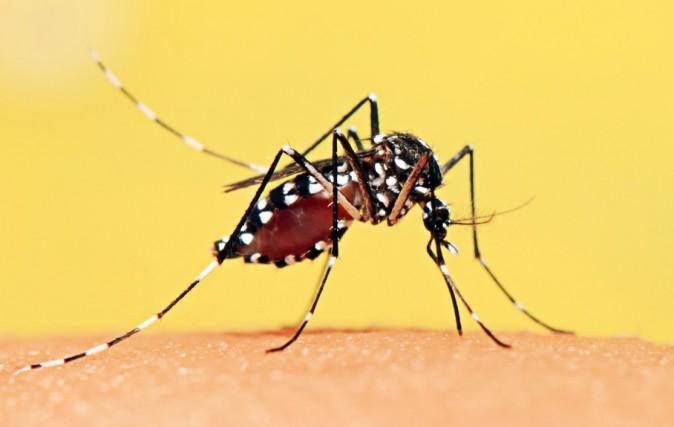Federal health officials are urging for more money to control mosquitoes, and develop vaccines and treatments after recent findings suggest the Zika virus is more serious than anticipated.
“Everything we look at with this virus seems to be a bit scarier than we initially thought,” Dr. Anne Schuchat of the Centers for Disease Control and Prevention (CDC) said at a White House briefing on April 11.
Although the virus is predominately contained in Latin America and the Caribbean, health experts warn that the continental U.S. “absolutely needs to be ready” in case of an outbreak.
The main area for concern: pregnant women.
Zika was originally not considered cause for much concern, and was thought to cause light symptoms at its worst—but reports have shown that pregnant women suffering from Zika have given birth to babies with unusually small heads.
This birth defect, known as microcephaly, is a signal of underlying brain damage.
The virus has also been linked to miscarriages, eye problems, stillbirths and other complications throughout the entire length of the pregnancy, specifically attacking developing brain cells.
Fetuses aren’t the only ones who suffer.
There are potentially serious side effects of the virus in adults; one that can lead to paralysis, another causing brain inflammation similar to multiple sclerosis.




